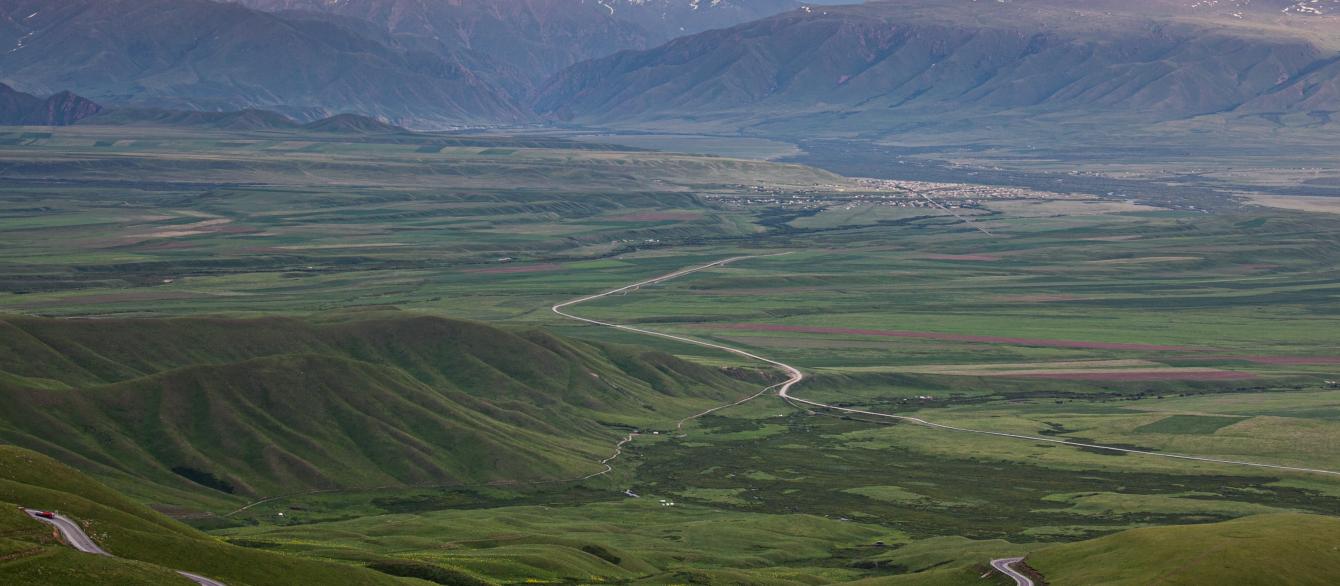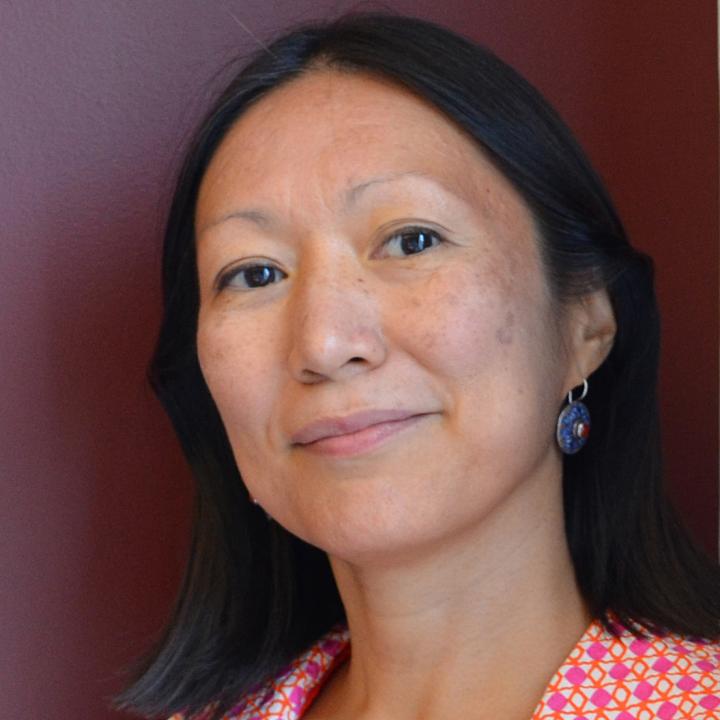The Davis Center for Russian and Eurasian Studies at Harvard University will host the third annual graduate student conference on Central Asia from April 18 to 20, 2025. We invite paper proposals from graduate students at any stage, including master’s students, working on a topic related to Central Asia within any discipline. The conference will allow U.S.-based graduate students to present their original and ongoing work professionally and receive feedback from peers and experts in the field.
Proposals may include topics related to the following themes:
The Soviet Modernization Project in Central Asia: Contradictions, Legacies and Narratives
During the seventy years of Soviet rule, Central Asian societies were part of a series of radical modernization, industrialization, and social reengineering experiments. The Communist Party's central and local elites grappled with often contradictory policies toward the country’s "Orient": decolonization and mass collectivization, nation-building and Russification, women’s emancipation and their exploitation, secularization and accommodation of religious elites. Predictably, they produced complex legacies.
The Soviet authorities used the country's Asian republics to showcase modernity to the outside “Orient” and beyond: Tashkent and Alma-Ata were the locations of such “international” events as the Indian Film Festival, Afro-Asian Writers’ Conference, and the Tashkent International Film Festival. As the U.S. and USSR sought to gain allies during the Cold War, Central Asia played a crucial role in Moscow's catering to the “non-aligned” bloc.
Central Asia 2025: Quo Vadis?
Over the past three decades, the five states of Central Asia have pursued different development paths. Various factors account for these differences, including the personalities and worldviews of their leaders and the state of their political elites, the conditions of their economies and the resource endowment, the external security environment, and societal features. From the vantage point of 2025, it is time to take stock, compare their development trajectories, and assess the state of regionalism.
Unlike in the early 1990s, Central Asian countries are stronger, but they are facing a much more challenging and less predictable environment. Rivalries among great powers are on the rise, and some of them engage in revisionist behavior. The UN and Bretton-Woods systems are under pressure. Populism and anti-establishment sentiments risk undermining established liberal democracies. Climate change threatens the livelihood and security of people and countries.
We invite contributions from multiple disciplines, including history, religious studies, anthropology, sociology, political science, and other relevant fields of inquiry.
Interested graduate students should complete this online form by January 31, 2025, 11:59 pm EDT. Submissions must include:
· a working title and brief (no more than 300 words) description of your paper’s central argument;
· biographical information including your full name, institutional affiliation, graduate program of study, and current year in that program;
· travel and accommodation preferences.
Notification of acceptance will be sent no later than February 17, 2025. If accepted, participants must confirm their participation by February 28, 2025. The final papers must be received by April 9, 2025 for peer review.
Please email Nargis Kassenova and Dani Podgoretskaya at nkassenova@fas.harvard.edu and dpodgoretskaya@g.harvard.edu with any questions about the conference or this call for proposals.
*Please note that we can consider applicants based outside of the U.S. if they are able to cover their travel expenses and obtain the appropriate permissions to enter the U.S.






